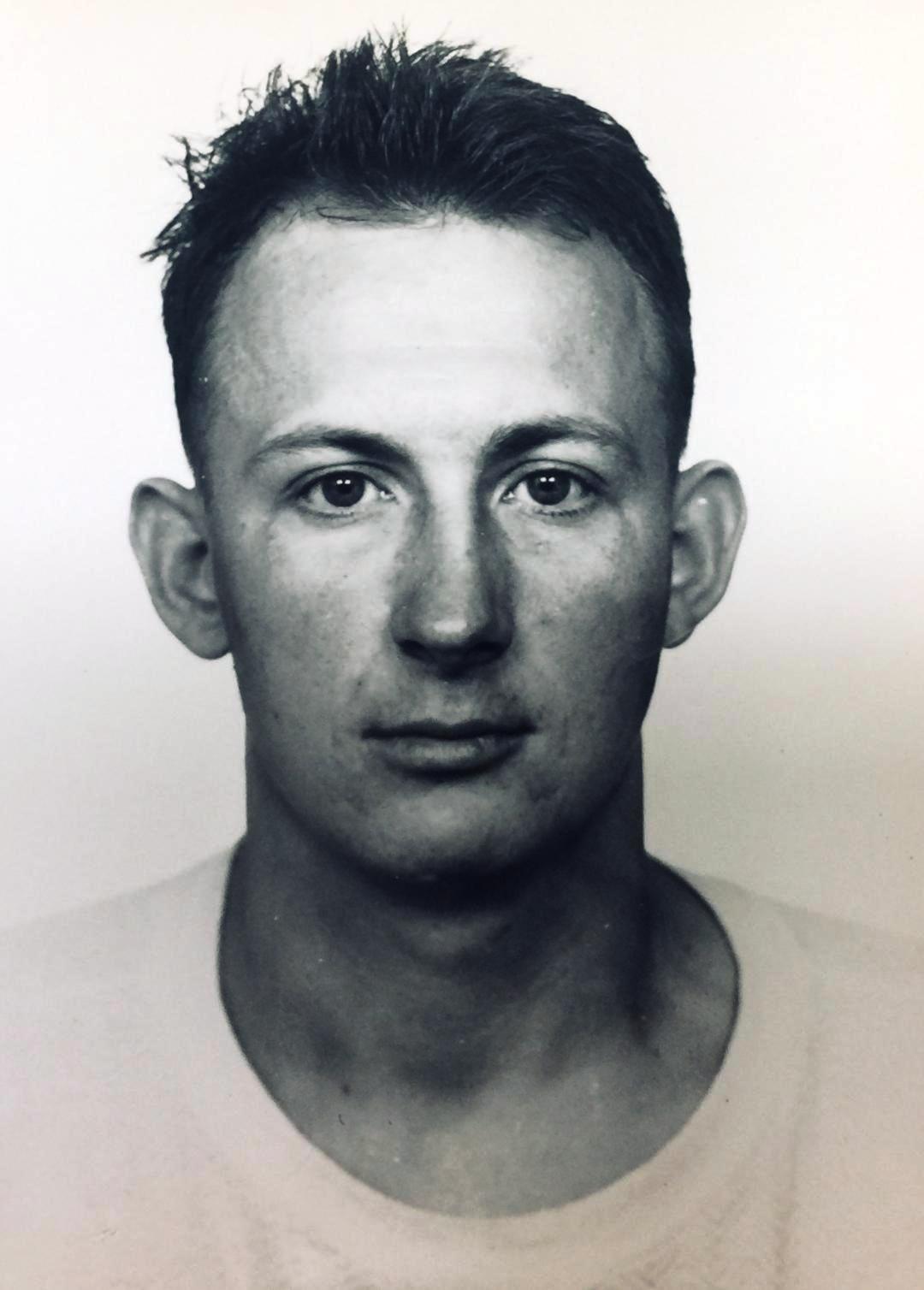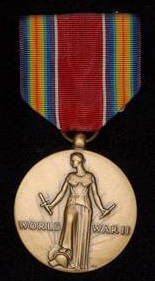POLICE LIFEGUARD ROBERT A. WEDGEWOOD
SDPD 08/15/1942 - PENDING
05/18/19/1923 - 05/06/2000
Robert Wedgewood, 76 overcame WWII wounds to become teacher
San Diego Union-Tribune, The (CA) - Thursday, May 11, 2000
Lying motionless on the snow-covered ground, his feet frozen and a shrapnel wound in his head, Robert Wedgewood was hardly distinguishable from the casualties that littered the German countryside.
After about 48 hours, U.S. Army medics who were combing the World War II battlefield for survivors applied first aid and had him evacuated to a hospital in England.
Eventually, Mr. Wedgewood would undergo life-saving surgery at Bushnell Army Hospital in Brigham City, Utah.
But the head injury severely impaired his memory and temporarily destroyed his ability to read and write.
"He had to learn to do both again, and he couldn't remember his high school years," said his sister, Cordelia "Dedi" Ridenour.
Mr. Wedgewood overcame those disabilities to graduate from San Diego State College and become a special education teacher -- first in San Luis Obispo County, later in the San Diego area.
He died in his sleep Saturday at a hotel in Borrego Springs, where he had been vacationing. He was 76.
Although Mr. Wedgewood had undergone cancer surgery several years ago, the cause of death will not be known until an autopsy is completed, Ridenour said.
Mr. Wedgewood, a Cincinnati native, grew up in Point Loma and joined the Army after graduating from high school in 1942.
He was among the troops who landed on Omaha Beach in Normandy, France, on D-Day, June 6, 1944. By August, his 1st Infantry Division had fought its way into northern France, where he became a lieutenant and suffered his first battle wound: shrapnel in the leg.
Mr. Wedgewood recovered and volunteered to rejoin his unit on the front lines. As the troops moved into Germany he suffered the first of two head wounds.
The first was minor. After receiving first aid he tried to reunite with his unit and suffered a second, near-fatal head wound.
He was returned to the United States on the Queen Mary hospital ship and a plate was inserted in the cavity of his wound during surgery.
"He wouldn't speak about what happened," Ridenour said. "He just couldn't get over the fact that he was saved and others who had wives and children were dead. When anyone asked him about his injuries, he always said, 'I'm, OK. You should see the others.' "
Mr. Wedgewood received a Silver Star for his gallantry in Germany on Nov. 26, 1944. His wartime medals included two Purple Hearts and three Bronze Stars.
Upon his return to San Diego, while wearing his Army uniform with the 1st Infantry Division insignia, Mr. Wedgewood was noticed one day downtown by a fellow 1st Infantry soldier.
"He had seen the 'Big Red One' on Robert's arm, and ran across Broadway to meet him," Ridenour said. "It turned out that the soldier had given Robert his first aid bandage for his head wound in Germany.
"Robert didn't remember all the details, but the young soldier helped fill him in."
Mr. Wedgewood's injuries resulted in a disability discharge, much to his disappointment. "He would have made a career of the military if he could," Ridenour said.
After graduating in 1952 from San Diego State, Mr. Wedgewood began a teaching career in special education. He directed a sheltered workshop for developmentally disabled adults in San Luis Obispo, then returned to San Diego in the 1980s.
"He was much in demand as a special education teacher," Ridenour said. "He looked tough, with his military bearing, but he was as soft as a marshmallow."
Mr. Wedgewood served as a volunteer chaplain in prisons and devoted many volunteer hours over the years to the U.S. Coast Guard Auxiliary and the American Red Cross.
With the Red Cross, he served as a first aid, water and boating safety instructor over the years.
Although he lived in La Mesa in recent years, Mr. Wedgewood kept his ties to his Point Loma roots by serving on a recreation council that supported the restoration of Sunset Cliffs Natural Park.
As a youth, he swam and surfed on San Diego beaches, making crude surfboards out of balsa wood in the 1930s. Later, while attending Point Loma High, he worked summers as a lifeguard.
Mr. Wedgewood's wife, Sara, died of cancer in February 1992. He was her devoted caretaker before her death, Ridenour said.
Survivors include daughters, Melinda Weer of Portland, Ore., and Cecily Van Liew of Sacramento; a sister, Cordelia "Dedi" Ridenour of Point Loma; and four grandchildren.
THE THIN BLUE LINE
Basic information is provided as a courtesy and is obtained from a variety of sources including public data, museum files and or other mediums. While the San Diego Police Historical Association strives for accuracy, there can be issues beyond our control which renders us unable to attest to the veracity of what is presented. More specific information may be available if research is conducted. Research is done at a cost of $50 per hour with no assurances of the outcome. For additional info please contact us.



